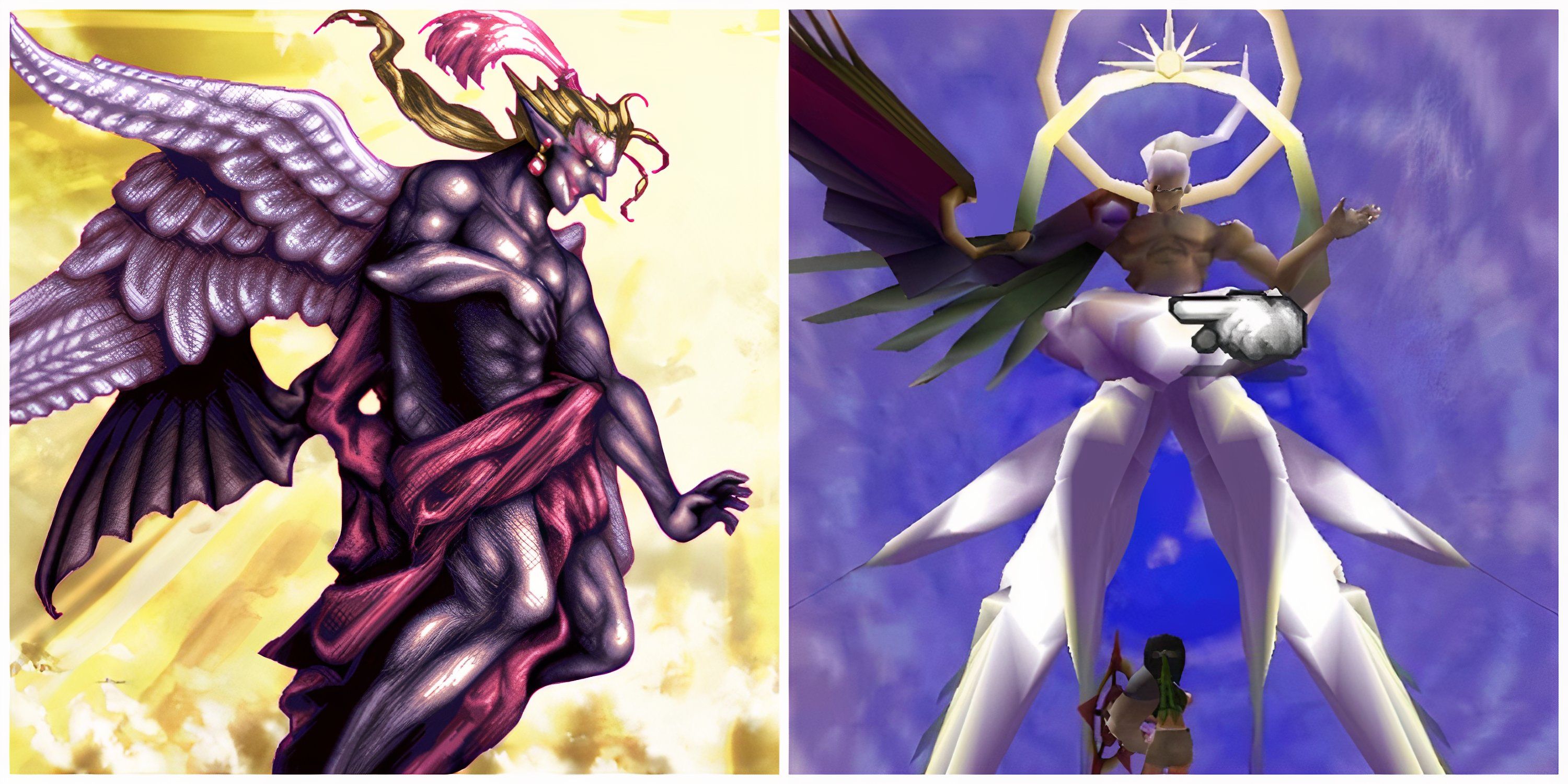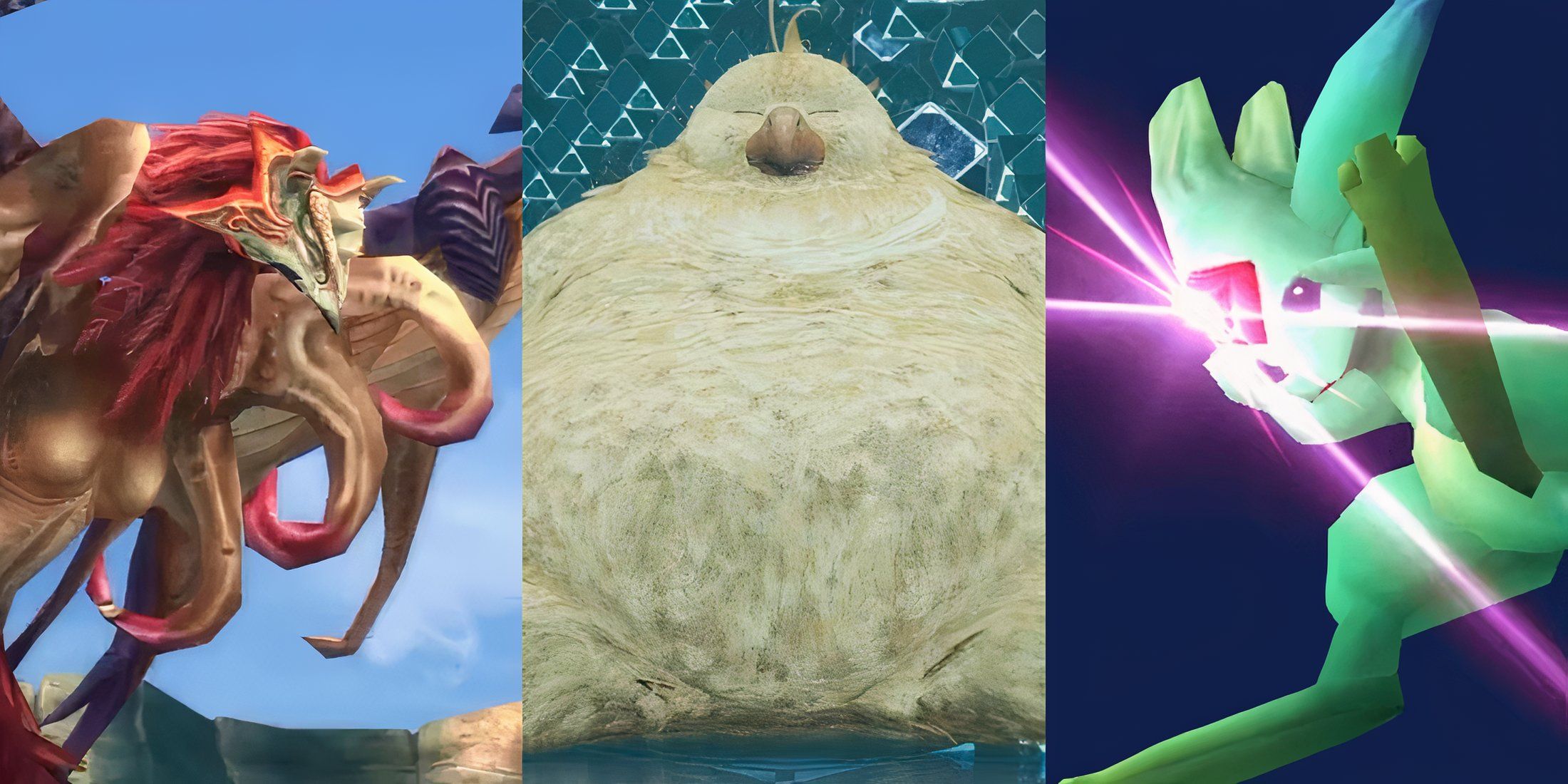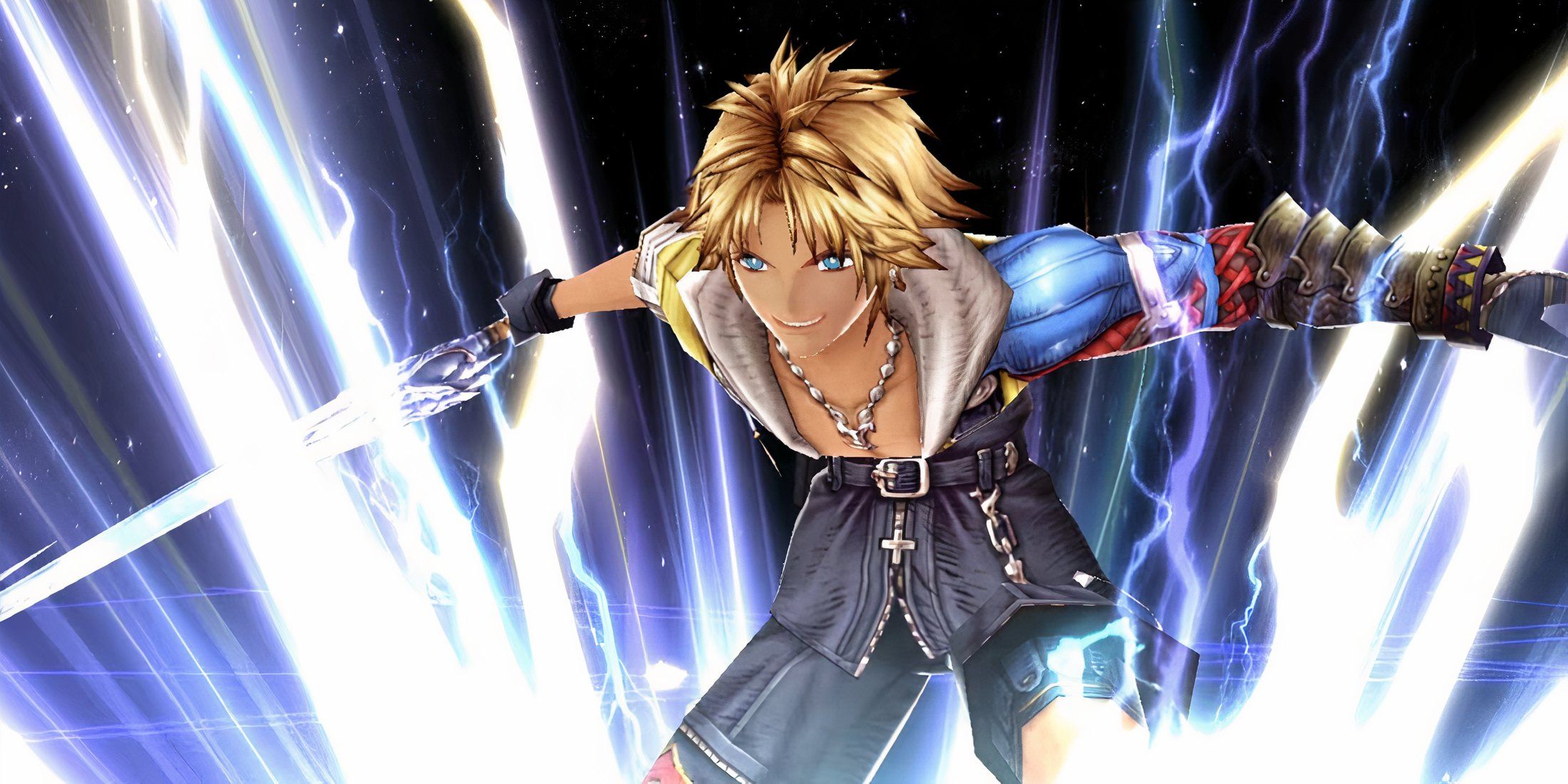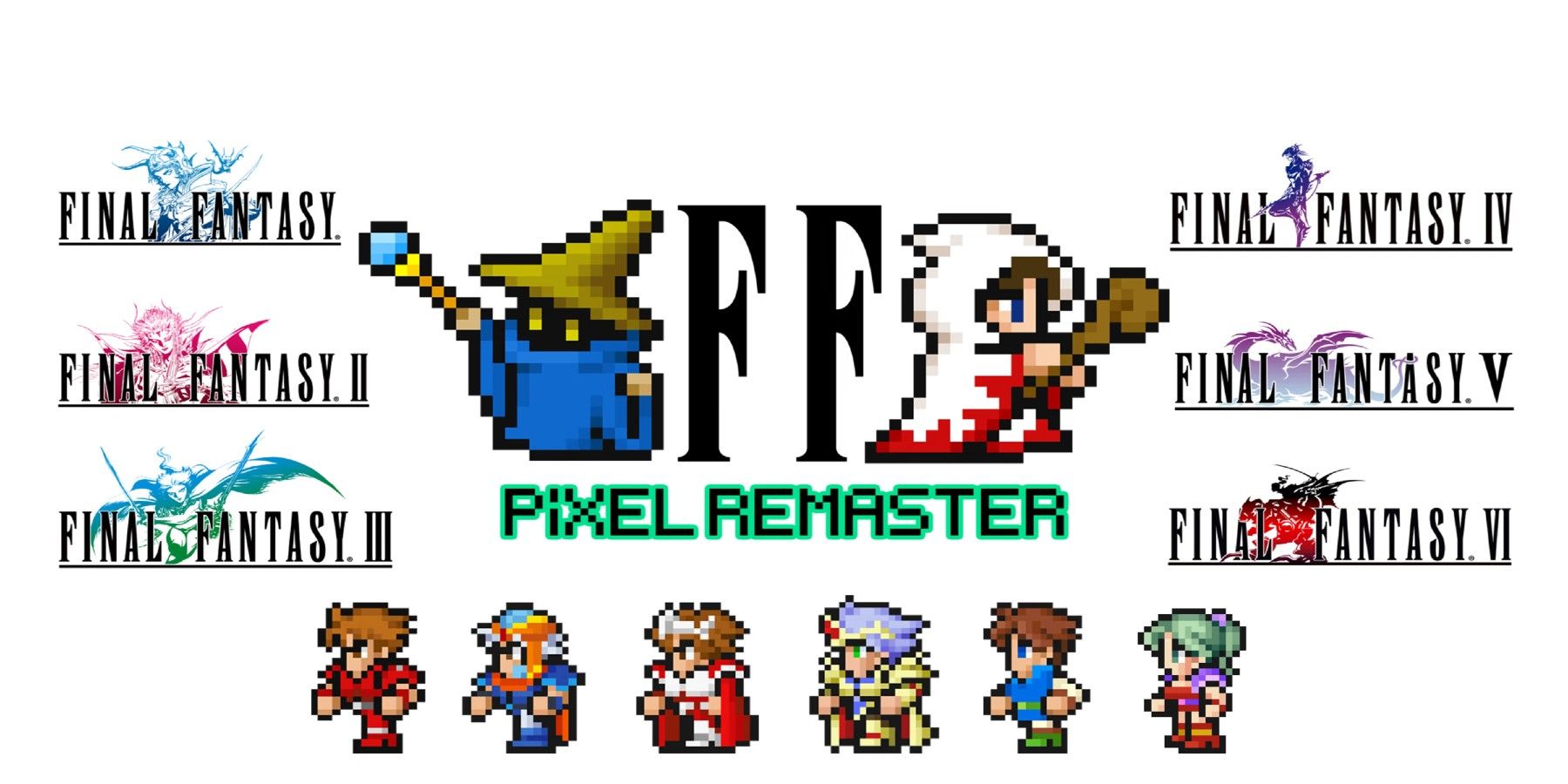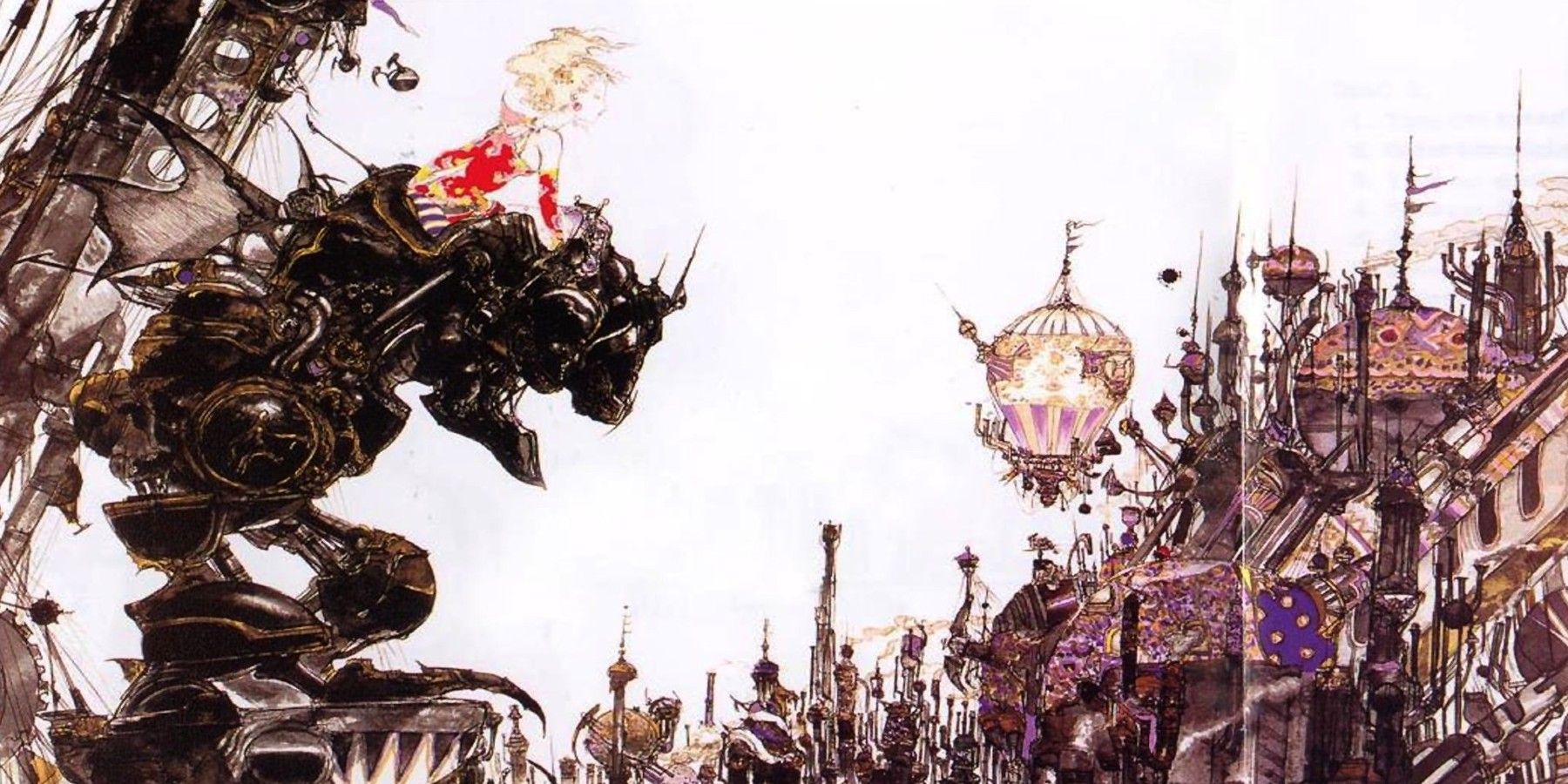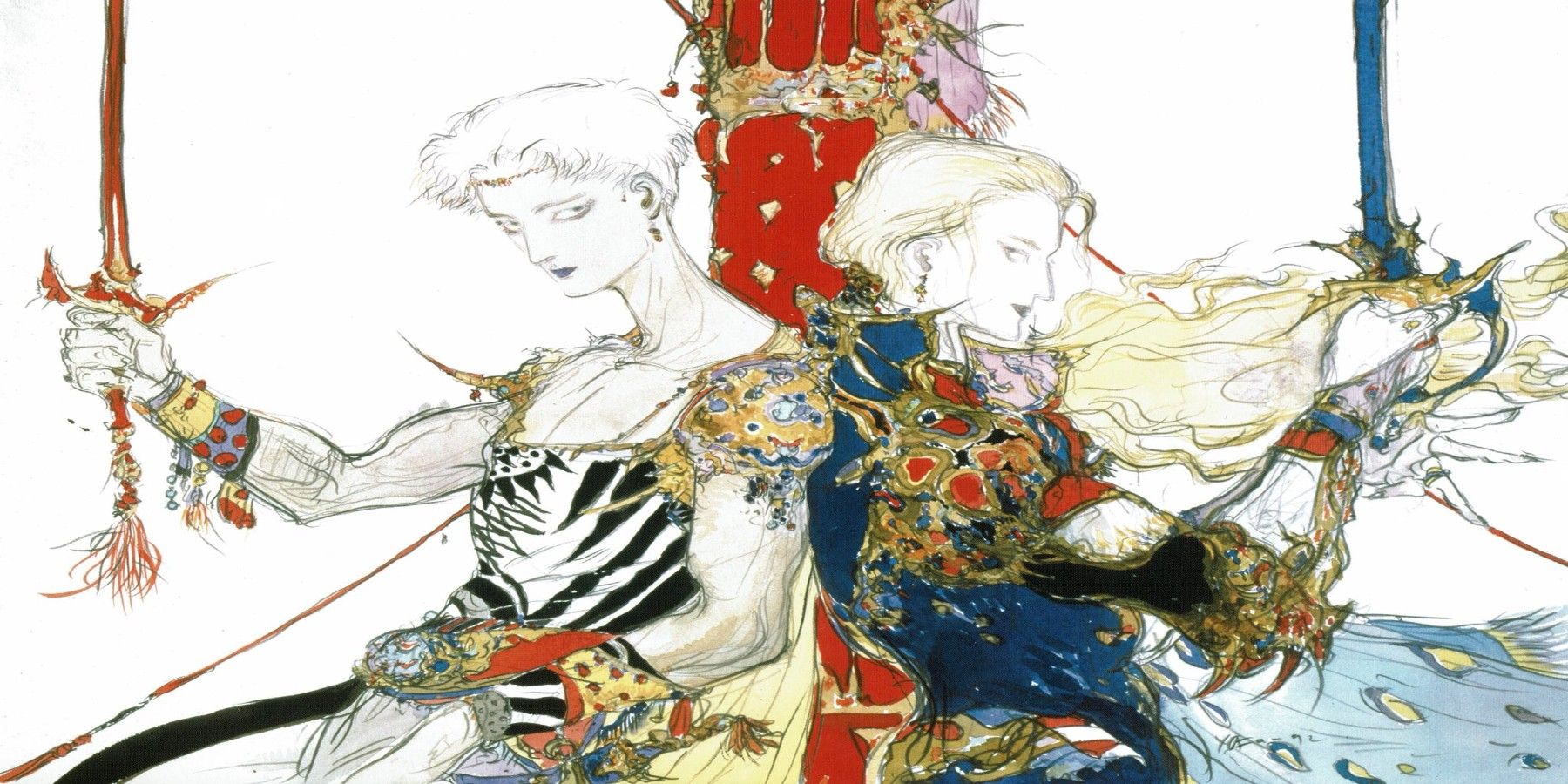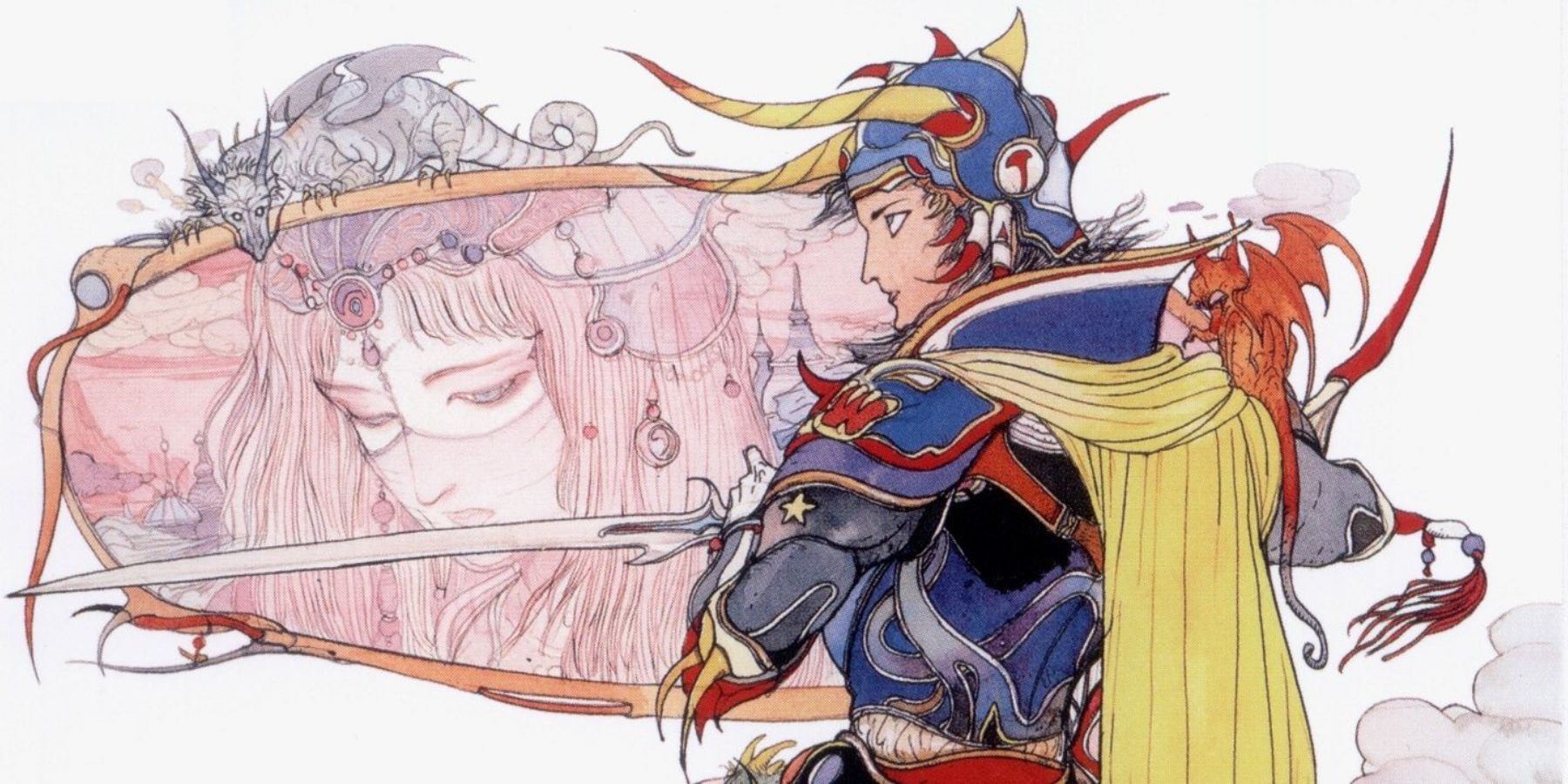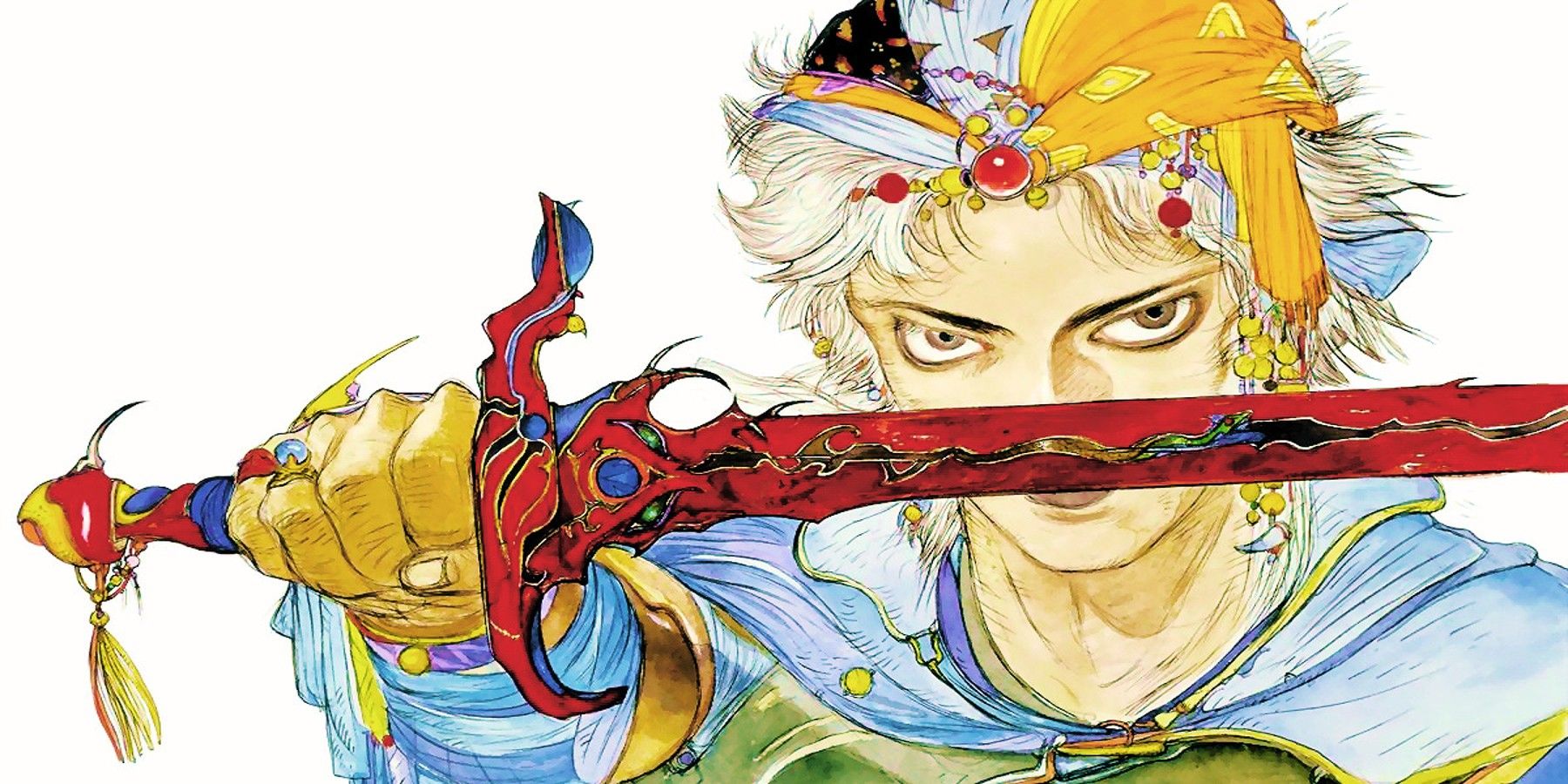For over 35 years, Final Fantasy has remained the preeminent RPG franchise, with 16 numbered entries and dozens of spin-offs featuring much-beloved characters and worlds in which fans have invested hundreds of hours. Final Fantasy 16 has plenty of fans excited as the series ventures into new mechanical territory while also returning to its high-fantasy roots. Over the last year Square Enix has brought the first six Final Fantasy titles to modern platforms as part of the Pixel Remaster series, and it's telling that many of the key members of Final Fantasy 16's development team hold some of these early games as their favorites in the series.
Beginning with the original Final Fantasy from 1987 and concluding with the fan-favorite Final Fantasy 6 from 1994, these first six games in the legendary RPG franchise laid the foundation for the mechanics and elements that would become synonymous with Japanese-developed RPGs while also elevating storytelling in video games to greater heights than thought possible. Still, not all of these titles are certified classics, with some of the early Final Fantasy sequels acting as a proof-of-concept for features that would be perfected in later games.
S Tier
Final Fantasy 6 - Few titles have had the lasting impact over their respective genres that Final Fantasy 6 has held for nearly 30 years. As the series' swansong to the 16-bit era, Final Fantasy 6 pulls out all the stops in terms of both its gameplay and narrative. It presents players with what is arguably the best story of any Final Fantasy title along with one of the more robust casts of characters and unprecedented levels of party customization.
The Espers introduced in Final Fantasy 6 allowed for any character to learn magic and arguably paved the way for Final Fantasy 7's Materia. Besides its refinements and improvements to the Final Fantasy formula, Final Fantasy 6 gives players perhaps the best villain in the entire series in Kefka and provides a dark reality-check in providing an answer to the question of "What if the bad guys won?".
Final Fantasy 4 - Despite not being cited as often as Final Fantasy 6 in terms of the best titles in the series, Final Fantasy 4 is a hugely important game to the franchise as the first entry on 16-bit hardware. Prior to the release of Final Fantasy 4, each of the previous games in the series had stories that were mostly told in broad strokes, with character interactions and relationships mattering less than the overarching plot. Final Fantasy 4's narrative, by comparison, was leaps and bounds ahead of both its predecessors and its contemporaries in terms of providing players with a compelling cast of heroes and villains.
The late-game twists and shocking reveals of the fourth game in the series are still some of the best in the entire franchise. Meanwhile, the love triangle between Cecil, Rosa, and Kain set the precedent for the "will they/won't they" tension between Cloud, Aerith, and Tifa in Final Fantasy 7. With the implementation of the Active-Time Battle system and one of the best final boss battles in the series, Final Fantasy 4 is a worthy competitor for the best of the series with Final Fantasy 6.
A Tier
Final Fantasy 5 - Final Fantasy 5 sat near the top of the list of favorite Final Fantasy games from Final Fantasy 16's developers, which speaks volumes about its importance. Nestled in-between the more widely-celebrated Final Fantasy 4 and Final Fantasy 6, Final Fantasy 5 was the only series entry on 16-bit hardware to not receive a Western release and localization. Interestingly, it's also the Final Fantasy with the lowest-stakes plot and plenty of levity and humor, making it stand out from its predecessor and follow-up in terms of tone.
The re-introduction and improvements made to Final Fantasy 3's job system gives players almost limitless options in how they craft their party, and it's easy to draw a through line from Final Fantasy 5's Jobs and Abilities to the mechanics of Final Fantasy Tactics. It may not quite reach the heights of its SNES brethren, but Final Fantasy 5 is an excellent title that shouldn't be missed.
B Tier
Final Fantasy - The first title in the series still holds up as a phenomenal RPG despite featuring some wrinkles that would be ironed out in future iterations of the franchise. When Final Fantasy released, it earned its name as Hironobu Sakaguchi's last attempt at making a hit game before leaving game development for good. Thankfully, plenty of fans saw the greatness inherent in the game, and it birthed one of the most important franchises in the medium, despite that "Final" moniker. Its mechanics may feel antiquated in comparison to other games in the Pixel Remasters, but the original Final Fantasy stands alongside Dragon Quest as the blueprint for JRPG design.
Final Fantasy 3 - Final Fantasy 3 is yet another title in the first six games of the series that would have its mechanics improved upon in a sequel (Final Fantasy 5), but what its systems lack in polish, they make up for in innovation and importance to the Final Fantasy series as a whole. Final Fantasy 3 was a more charming and lighthearted affair than its predecessor. The freedom it afforded players in crafting their party set a new precedent that would be repeated in other RPGs, Final Fantasy or otherwise.
C Tier
Final Fantasy 2 - As a direct sequel to the landmark original game, Final Fantasy 2 should at least be commended for how it took risks with the newly-established formula of its predecessor. Still, those risks didn't quite pay off, and the title features the most confusing and convoluted leveling system of perhaps any RPG. Considering that it has perhaps the most difficult early hours of the entire franchise, it's no wonder why Final Fantasy 2's left-field experiments haven't been repeated or attempted since.
Final Fantasy Pixel Remaster Collection is available for Mobile, Nintendo Switch, PC, PS4, and PS5.

